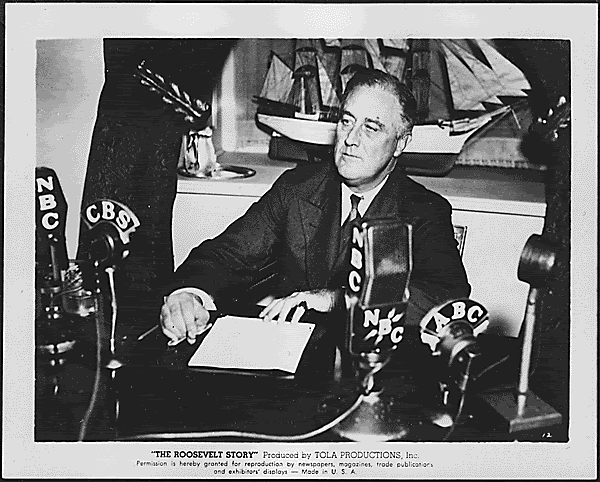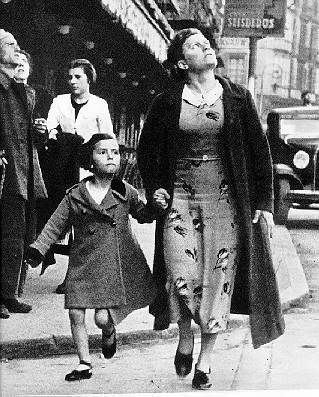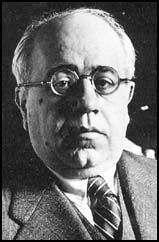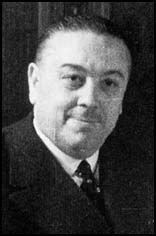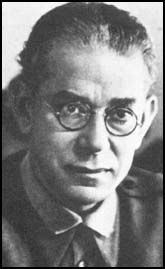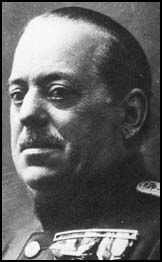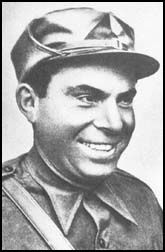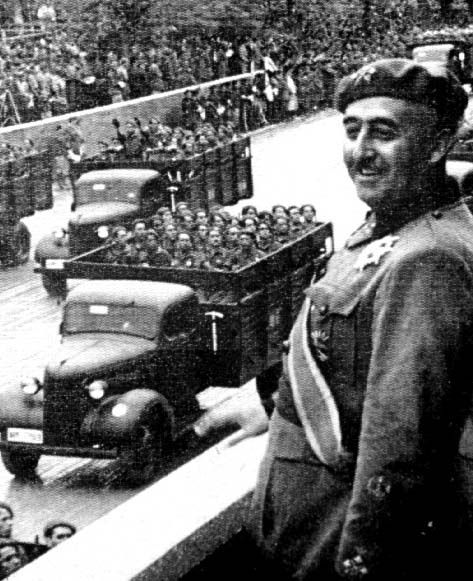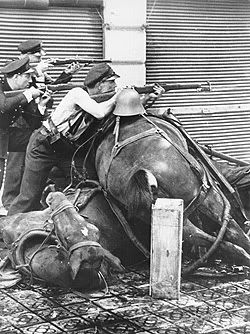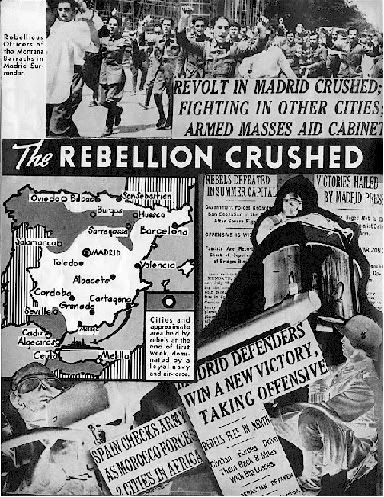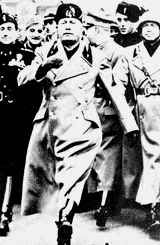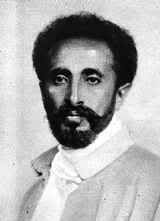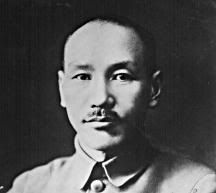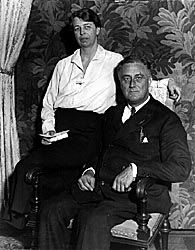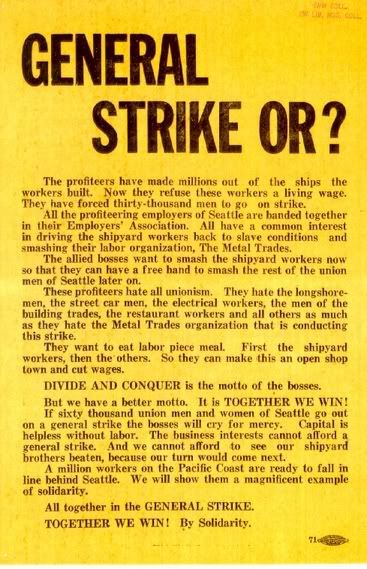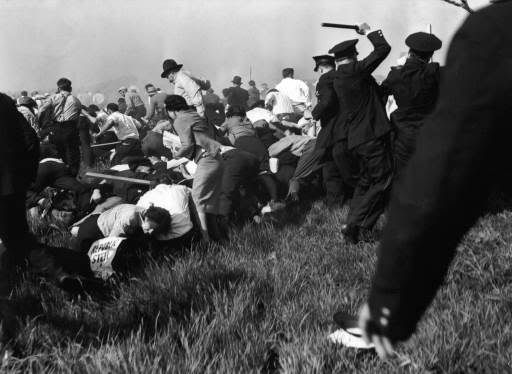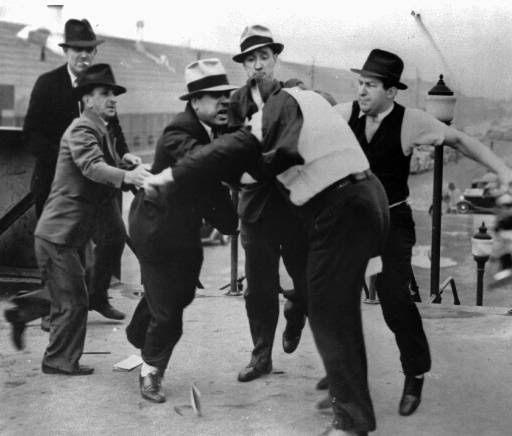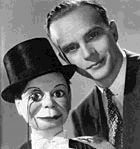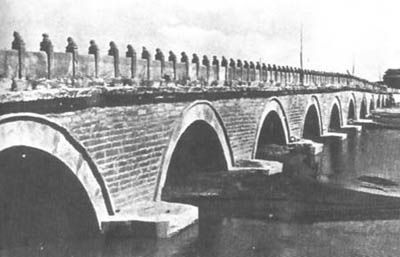Chapter 3
President of All the People
“Wherever I have gone in this country, I have found Americans.”
Alf Landon
TIME, June 22, 1936) -- At the far end of Cleveland's cavernous Public Hall, in the last dark row beneath the overhanging balcony, a lonely Cincinnatian last week called to those seated in front of him: "If it wasn't for you folks. I'd be afraid way out here in the country." Heads turned. A voice came back: "I understand they hunt deer up here between Rows J and K." The answer was cut short by a hammering sound, hollow and staccato, like a hatchet assaulting an orange crate: The 21st Republican National Convention was gaveled to order.
...
Of the 15,000 seats in the hall, two-thirds were filled. By order of Chairman Fletcher the assembly stood, sang a verse of America. The Rev. Dr. Albert Joseph McCartney (Presbyterian) offered the first of a series of Convention prayers which included Methodist, Jewish and Roman Catholic -- all of them indicating clearly that in 1936 God, if not victory, will be found on the side of the Republicans.
...
When Mr. Hoover stood on the Convention platform to make his farewell address, the demonstration was genuine and joyous. He beamed and waved. After 15 minutes yelling, shrieking, hooting, he was allowed to begin. With left hand in pocket and chubby right fist bouncing on the rostrum in time with his denunciation, he culminated his six-month attack on the New Deal with a masterly peroration. Excerpts:
"The American people should thank Almighty God for the Constitution and the Supreme Court.
"Fundamental American liberties are at stake. Is the Republican Party ready for the issue? Are you willing to cast your all upon the issue?"
"Yes!" roared the crowd.
"Will you, for expediency's sake, also offer will-o'-the- wisps which beguile the people?"
"No!" roared the crowd.
"Or have you determined to enter in a holy crusade for freedom which shall determine the future and the perpetuity of a nation of free men?"
"Yea!" roared the crowd in ecstasy.
...
Hamilton speaks six minutes. With his speech still far from finished, he breaks precedent, mentions his candidate by name:
"I give you the name of a Republican Governor of a Republican State -- Alfred Mossman Landon of Kansas."
The band explodes with Oh! Susanna, State banners appear everywhere. Fifty "Win With Landon" signs begin moving. An insane horn from the floor plays Three Long Years. Hamilton paces the platform. After 20 minutes he begs to go on, but it is half an hour before he can.
...
Result was that Alf Landon's telegram became necessary as an appendix to the platform. To the platform's declaration that sweatshops and child labor can be abolished, that minimum wages and the like for women and children can be established by State law "within the Constitution as it now stands," he added. "But if that opinion should prove to be erroneous . . . I shall favor a constitutional amendment . . . ." To the declaration for a "sound currency" he added "convertible into gold . . .(but not) unless it can be done without penalizing our domestic economy." To the declaration for extension of civil service, he added a special dart aimed at Postmaster Farley, weakest joint in Franklin Roosevelt's armor: "There should be included within the merit system every position in the administrative service below the rank of assistant secretaries of major departments and agencies, and . . . this inclusion should cover the entire Post Office Department."
...
meanwhile...
Illustration 13 Mussolini was at the height of his power.
Illustration 14 Haile Selassie, King of Ethiopia, went into exile and became an out-spoken opponent of fascism.
Illustration 15 General Chiang Kai-shek had a Communist revolt to deal with.
Final Campaign Radio Speech of the 1936 Presidential Campaign
November 2, 1936
My friends:
I have come home to my own county to vote with my fellow townsmen. My people have voted here in Dutchess County for more than a century. I cast my first vote here in 1903.
Tomorrow fifty-five million Americans are eligible to vote. I hope that all of those fifty-five millions will vote.
I like to think of these millions as individual citizens from Maine to the southern tip of California, from Key West to Puget Sound—farmers who stop their fall plowing long enough to drive into town with their wives—wage earners stopping on the way to work or the way home—business and professional men and women—town and city housewives—and that great company of youth for whom this year's first vote will be a great adventure.
Americans have had to put up with a good many things in the course of our history. But the only rule we have ever put up with is the rule of the majority. That is the only rule we ever will put up with. Spelled with a small "d" we are all democrats.
In some places in the world the tides are running against democracy. But our faith has not been unsettled. We believe in democracy because of our traditions. But we believe in it even more because of our experience.
Here in the United States we have been a long time at the business of self-government. The longer we are at it the more certain we become that we can continue to govern ourselves, that progress is on the side of majority rule, that if mistakes are to be made we prefer to make them ourselves and to do our own correcting.
When you and I stand in line tomorrow for our turn at the polls, we shall stand in a line which reaches back across the entire history of our Nation.
...
For a century and a half we have had here free education and a free press, free public forums and a free pulpit. For more than a decade we have had a free radio. The American citizen of 1936, therefore, is a product of free institutions. His mind has been sharpened by the exercise of freedom. That is why I have no fear either of the threats of demagogues or the ambitions of dictators. Neither can get far nor long thrive among a people who have learned to think for themselves and who have the courage to act as they think.
...
Whoever is elected tomorrow will become the President of all the people. It will be his concern to meet the problems of all the people with an understanding mind and with no trace of partisan feeling.
Any President should welcome any American citizen or group of citizens who can offer constructive suggestions for the management of government or for the improvement of laws.
Society needs constant vigilance and the interest of individual men and women.
And when you go to the ballot box tomorrow, do not be afraid to vote as you think best for the kind of a world you want to have. There need be no strings on any of us in the polling place.
A man or woman in the polling booth is his or her own boss. There once was a time when the ballot was not secret. That is not so today. How a citizen votes is the citizen's own business. No one will fire you because you vote contrary to his wishes or instructions. No one will know how you vote. And do not let any-one intimidate you or coerce you by telling you otherwise.
In the polling booth we are all equals.
...
Announcer: This has been an address by the President of the United States. This is the National Broadcasting Company.
Election Night Coverage
November 2, 1936
Announcer: The program of Saint Louis Blues originally scheduled for this time has been cancelled. Representative Maurey Maverick of Texas scheduled for 8:15pm will be heard at 9:45, speaking on the topic “Too Many Battleships and War.” Now we take you to New York.
Reporter: Good evening ladies and gentleman. This is Chester Hillary reporting from Election Headquarters in New York City. The polls closed on the west coast thirty minutes ago and results from much of the country have been tabulated.
The reults of the Presidential election seem to be very little in doubt as in spite of early success in Maine and Vermont Governor Landon so far is projected to lose every other state. Unless we see a strong surge of Landon support in the western states, and even then it is likely that President Roosevelt has been given another term.
The only questions left seem to be how large will the Presdient's mandate be and what will be the composition of the next Congress. To answer these questions we will take you now to Grover Byngton in Washington DC.
Byngton: Hello New York and Hello America. This is Grover Byngton broadcasting from the Capitol Building in Washington DC. Among the Republicans this has been a tense election. Out of 108 Republican congressmen and 25 Republican senators it is clear some of them will not be returning in the next Congress. Tonight it is a question of who will be back and how bad the loss will be.
On the Democratic side there is a feeling of exhultation and nearly a feeling of revolution in the air. As pressure is exerted on the left by the Farmer/Labor and Progressive Parties, which are both expected to gain seats in the House of Representatives and even have some hope of gaining a seat in the Senate, the Democrats have responded by electing candidates with more and more radical ideas. The President has appealed to a whole generation of activist citizens who are active in their Unions and their Political Parties. They are coming out in record numbers to vote for the President as well as the most radical candidates they can find for other offices.
The 75th Congress is bound to be a wild-eyed body determined to solve social problems through legislation. It seems that anything can happen now...
1936 Election Results
President Franklin Delano Roosevelt (Dem.)
Popular Vote: 27,751,597 60.8%
Electoral Votes: 523
Governor Alfred Landon(Rep.)
Popular Vote: 16,679,583 36.6%
Electoral Vote: 8
Composition of 75th Congress
House of Representatives
Total membership
435 Representatives, 2 Delegates, 2 Resident Commissioners
Party Divisions:
334 Democrats, 88 Republicans, 8 Progressives, 5 Farmer-Labor
74th Congress Party Divisions
322 Democrats, 103 Republicans, 7 Progressives, 3 Farmer-Labor)
Senate
Majority Party: Democrat (76 seats)
Minority Party: Republican (16 seats)
Other Parties: 2 Farmer-Labor; 1 Progressive; 1 Independent
Total Seats: 96
74th Congress
Majority Party: Democrat (69 seats)
Minority Party: Republican (25 seats)
Other Parties: 1 Farmer-Labor; 1 Progressive
Total Seats: 96



